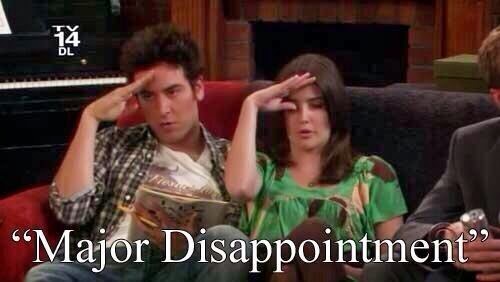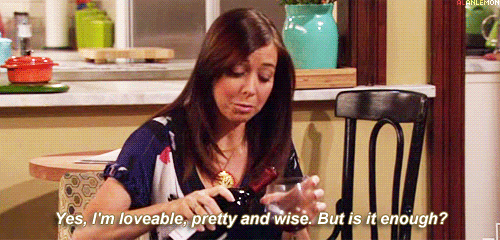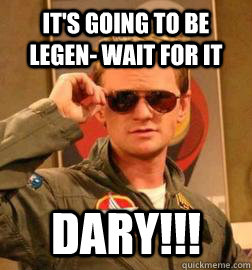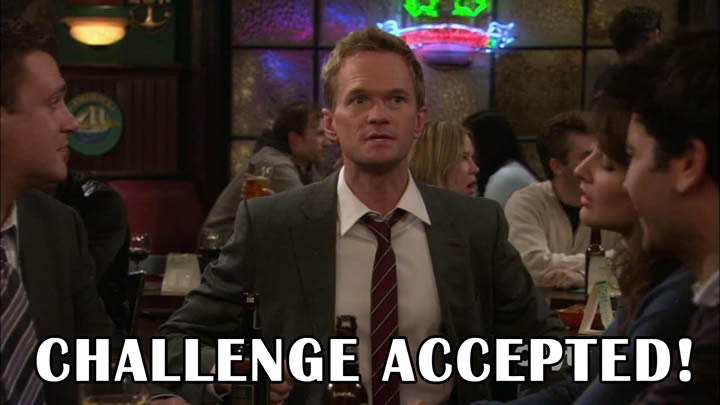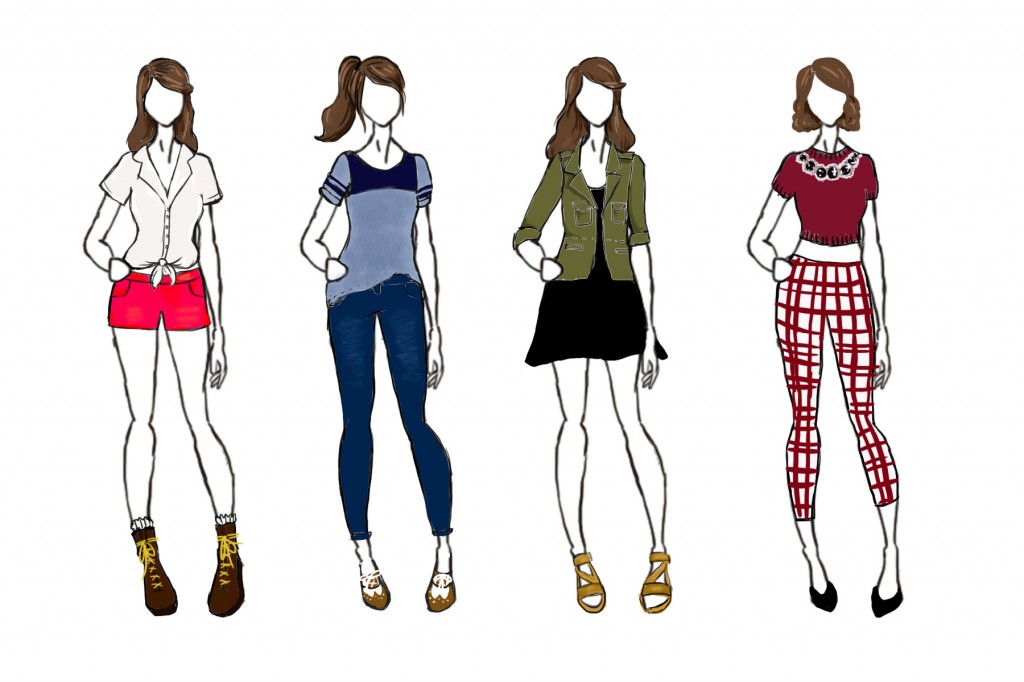Now that the internship search is over, I finally have time to reflect on what I should have done better and what I should do in the future. If you’re thinking about applying for an internship grant in the future (or soon, because you can!), I hope you find this blog post helpful. I would have saved myself much time and energy if someone had told me these things.
1) Seek internship opportunities from your personal network.
I submitted my applications to organizations I had never heard of before and foolishly expected responses regarding the status of my application. This didn’t happen for most of the places I applied to. When I had less than two weeks to secure an internship (don’t put yourself in this kind of position, it’s really bad…), my amazing friend (and #1 fan of my blogs 😉 ) suggested that I reach out to a senior that we both knew through a 5C club who had done internships in areas I was also interested in. A casual, semi-desperate Facebook IM turned into me receiving two internship offers from organizations that our mutual friend had interned with. During the last two weeks, I also reached out to two people I had met at CP&R’s wonderful networking panel during Family Weekend. I found out that one of the parents I contacted was good friends with two members in Congress and would help me set up an internship. Though I didn’t end up taking his offer, he was tremendously helpful and offered to help me again next year if I wanted an internship.
2) Be very clear about your deadlines
This is actually really simple. Last week, I sent my interviewer a thank you email and included a few (very important) sentences about the internship grant deadline that was only three days away. She never responded to this email, but I was sure that she had read it. The night before the grant was due, I sent her a reminder email but changed the subject line to “Status of Internship Application” instead of “Thank You” as I had previously written. My interviewer responded the next morning apologizing for missing what I had written in the previous email and immediately offered me a position.
tl;dr: Subject lines in emails can make a huge difference! Something like “Action Requested: [………….]” would be effective.
3) Learn how to make a realistic budget
I will admit that I didn’t take this section of the internship grant as seriously as I could have. Now that I’m forced to think about travel, housing, transportation, and food, I’m realizing that certain areas (HOUSING) are significantly more expensive than other areas. If you’re currently writing a grant, make sure you know the cost of living of where you’re planning to intern. Fun fact: If you live in a home stay in Spain for the summer, you can actually save much more than if you intern in Washington, D.C.
4) Double and triple check all cover letters and resumes for minor errors!
5) Always express your gratitude and write hand-written thank you notes to anyone that went out of their way to help you!
6) Don’t wait until the last minute to do things! I literally got my two offers the day before and the day of the internship grant deadline. This was a extremely stressful.
7) Remember to do your research about your organization! Tips from an article I read recently: In a phone interview, print out everything you’re going to plan on looking at; i.e. your resume, the “About Us” section of the website, the job description, etc. so you’re not switching between screens. This helps!
I think this is longest post I’ve written this semester. I hope this information is useful to you in the future!
Good luck on finding an internship! 🙂

